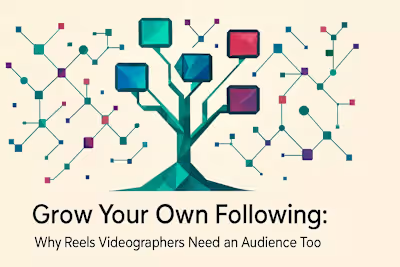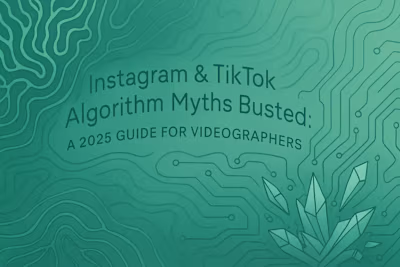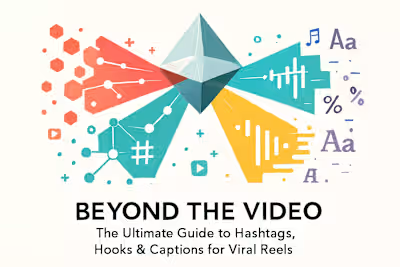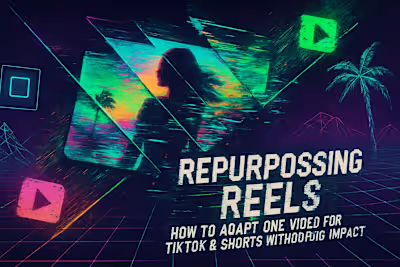Never Stop Learning: Courses and Communities to Keep Your Videography Skills Sharp
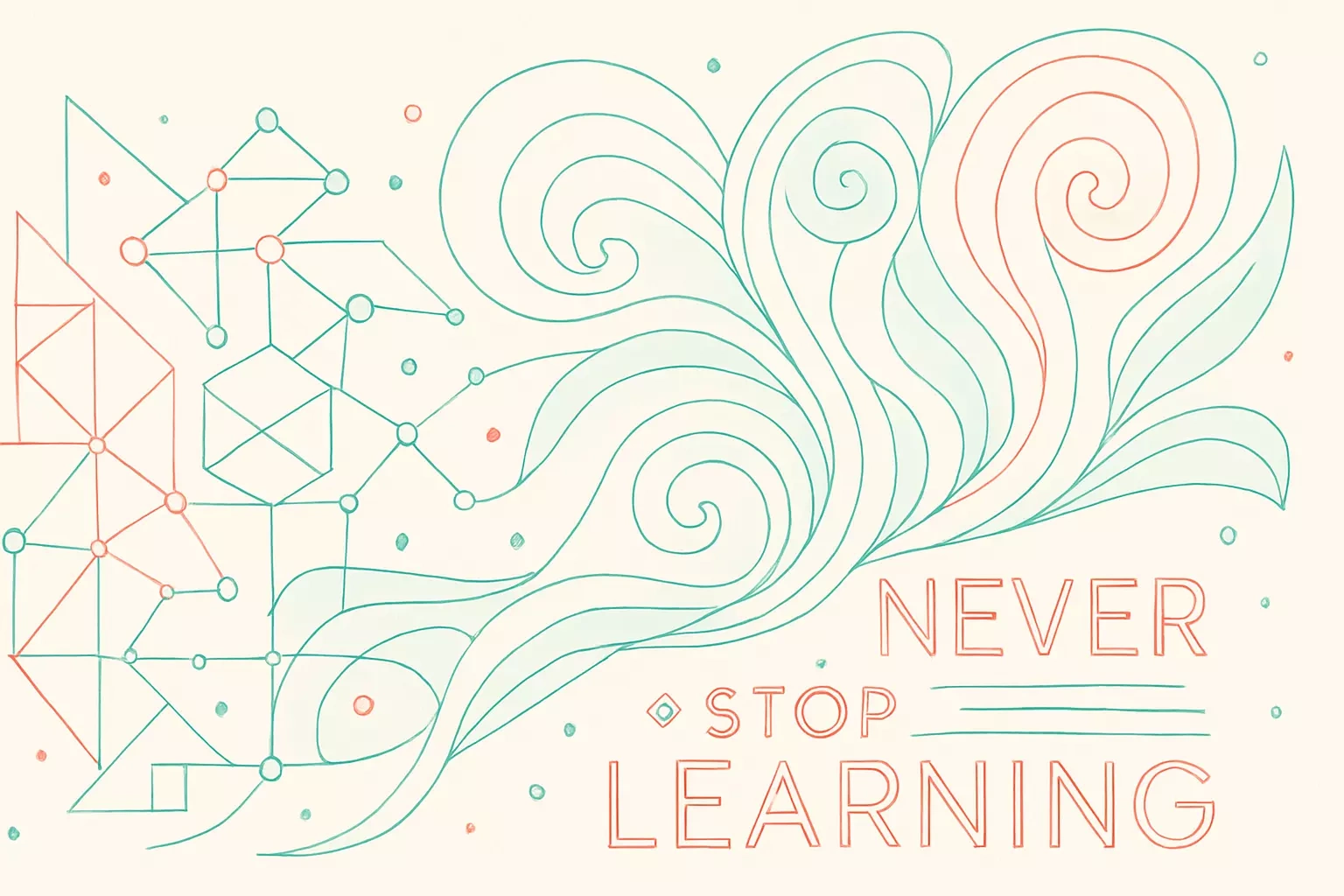
Never Stop Learning: Courses and Communities to Keep Your Videography Skills Sharp
Why Continuous Learning is Crucial for Videographers
Keeping Up with Social Media Trends
Mastering New Technology and Software
Avoiding Creative Stagnation
Top Online Courses for Every Skill Level
For Beginners: Mastering the Fundamentals
For Intermediate Videographers: Advanced Techniques
For Experts: Specializing and Refining Your Craft
Learning Through Community: Blogs, Channels, and Groups
Must-Follow YouTube Channels for Videographers
Essential Blogs and Industry News Sites
Peer Learning in Online Communities
Putting Learning into Practice: A Growth Mindset
The Power of Personal Projects
Setting Aside Time for Deliberate Practice
Sharing What You Learn
Conclusion
References
Never Stop Learning: Courses and Communities to Keep Your Videography Skills Sharp
Why Continuous Learning is Crucial for Videographers
Keeping Up with Social Media Trends
Mastering New Technology and Software
Avoiding Creative Stagnation
Top Online Courses for Every Skill Level
For Beginners: Mastering the Fundamentals
For Intermediate Videographers: Advanced Techniques
For Experts: Specializing and Refining Your Craft
Learning Through Community: Blogs, Channels, and Groups
Must-Follow YouTube Channels for Videographers
Essential Blogs and Industry News Sites
Peer Learning in Online Communities
Putting Learning into Practice: A Growth Mindset
The Power of Personal Projects
Setting Aside Time for Deliberate Practice
Sharing What You Learn
Conclusion
References
Posted Jun 30, 2025
The world of video is always evolving. Stay ahead of the curve with our curated list of the best online courses, communities, and resources for Reels videographers.





